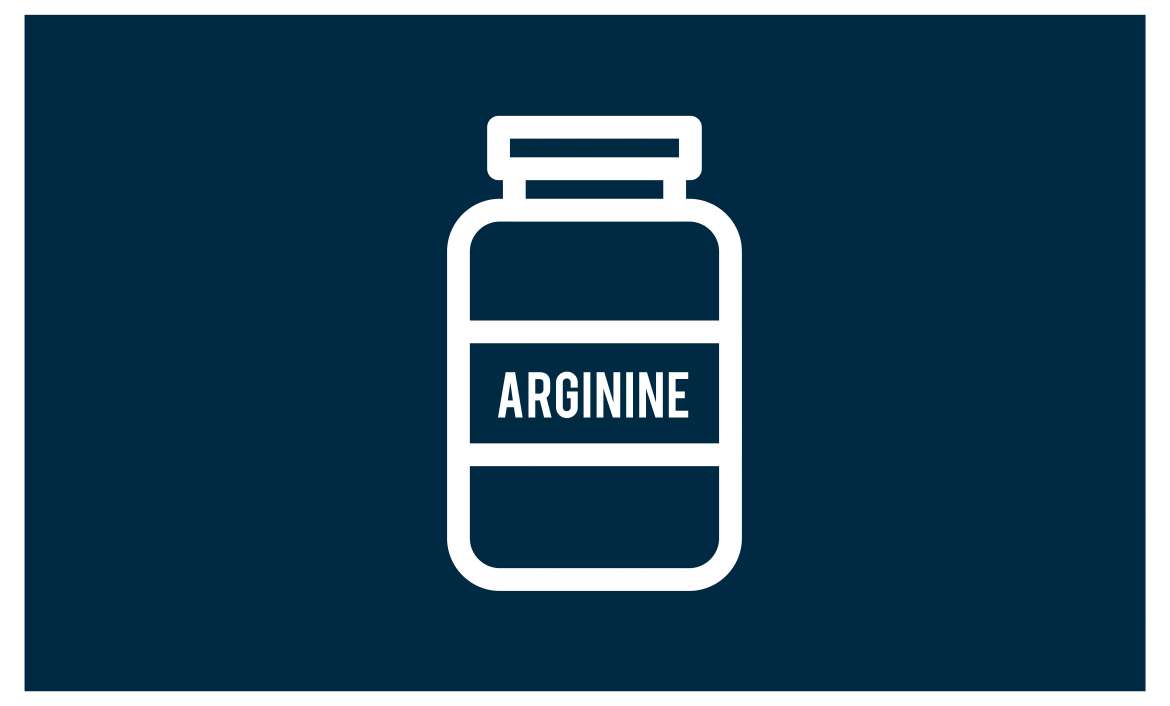Arginine is an amino acid that is involved in many metabolic processes and important in the treatment of high blood pressure and heart diseases. It also has other important roles in the body such as wound healing, immune function, hormone balance and blood flow.
Like glutamine, arginine is classified as a semi conditional amino acid, which means that even though our body can normally produce it in sufficient quantities, under certain conditions, for example when you are sick, it becomes essential and you have to get some from your diet to cover the body’s needs.
Want To Watch The Video Instead?
What do arginine supplements do?
L-arginine is a popular supplement for athletes and is said to increase nitric oxide levels in the blood. This, in turn, would elevate blood flow and nutrient delivery to the muscles, which then should lead to increased muscle growth, strength, and performance.
At least that’s what the manufacturers say. But what about actual scientific research?
There are a few studies showing that arginine supplementation can raise nitric oxide levels in the body and in turn widen blood vessels as well as improve blood flow. Like I said before, better blood flow means more nutrients to the muscle cells as well as a bigger pump during your workout.
The bigger pump is also the reason why arginine is found in many pre-workout supplements. The problem is that this effect is very unreliable. Some people notice a difference while others don’t. Therefore, my advice to you is pretty simple.
Try it yourself. It might help you get more out of your workout and training with a bigger pump is definitely more fun. But don’t get disappointed when you don’t see any results. Arginine is definitely not a must-have supplement and more of a fun gimmick.
That said, you can also try supplementing citrulline, which is converted into arginine in the kidneys, but has a better absorption rate. Citrulline will increase levels of plasma arginine more effective than arginine itself, so many people actually consider citrulline the better arginine.
How should you take arginine?
The normal recommended dose of arginine is between 3 – 6 grams before your workout. If, for some reason, you want to keep arginine levels elevated throughout the day, you can take it up to three times a day, but make sure you stay below 20 grams total.
Side effects
Taking more than 10g of arginine at once can lead to diarrhea and stomach distress, so stick to the doses I outlined before.



